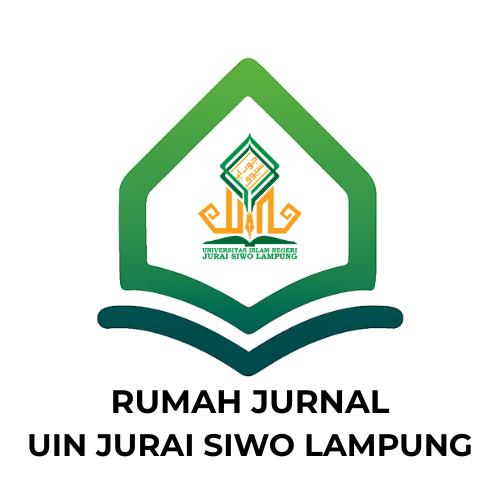ARGUMENTASI IBN HAZM: DEKONSTRUKSI KEHUJJAHAN QIYAS SEBAGAI METODE PENETAPAN HUKUM ISLAM
Keywords:
Qiyas, Ijtihad, Logical Reasoning, Istishâb, Isyarah NashAbstract
This research discuss about argumentation constructed by Ibn Hazmand his efforts to reject qiyas as a methodology for making decision of the Islamic jurisprudence. The purposes of this research fo find the answers of the questions below: Definition of qiyas and its legality in the opinion of muslim scholars; The rejection of Ibn Hazm to the qiyas as a methodology of ijtihad and his argumentations; and the description of Ibn Hazm’s logical reasoning in his ijtihad when he do not using qiyas as his method. The research is a library research with content analysis as analysis method. Its to collect several sources which is have connection with the theme of this research, then analysed qualitatively to get the answers for the formulated questions. The result of this research: First, qiyas is bring a unknown law to a known law, in order to establish the law for both, or to eliminate the law for both, caused by something unites both, wether it is legal or nature. The majority of muslim scholars agreed with the legality of qiyas. Second, the rejection Ibn Hazm to the qiyas is based on some verses of Qur’an and Hadith, beside that he reject also ijma’ shahaba as legal fondation of qiyas. Third, in his ijtihad, Ibn Hazm did not use qoyas as his method, but he use istishâb and logical analysis approuch to extract the law from the nash.
References
Downloads
Published
Issue
Section
License
Copyright (c) 2016 chamim tohari

This work is licensed under a Creative Commons Attribution-ShareAlike 4.0 International License.













